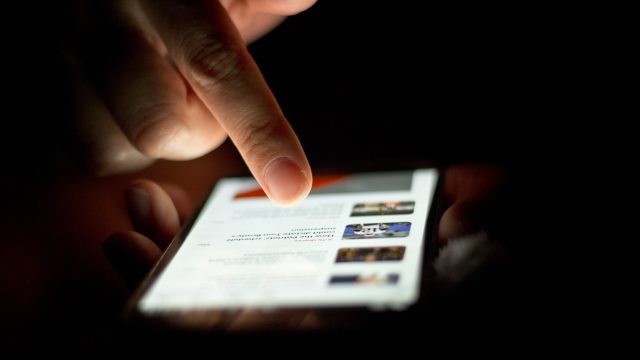
The case involves a man named Jun Feng, who pleaded guilty to one count of conspiracy to distribute and possess with intent to distribute methamphetamine. Feng was charged in conjunction with six other defendants. And as part of the government's effort to convict Feng, the feds wanted—and still want—Apple’s help to unlock Feng’s seized iPhone 5S running iOS 7. Last Friday, United States Magistrate Judge James Orenstein invited the prosecutors to explain why it was still necessary for him to sign off on a proposed order that would compel Apple’s assistance.
"In light of the fact that the defendant against whom evidence from the subject telephone was to be used has pleaded guilty, I respectfully direct the government to explain why the application is not moot," he wrote.
Later that day, United States Attorney Robert Capers wrote:
This matter is not moot because a federal court has issued a search warrant, based upon probable cause, authorizing law enforcement to seize evidence of narcotics offenses that is stored on the Target Phone, and that search warrant still cannot be executed without the relief sought in the pending application. Feng pleaded guilty to a narcotics conspiracy, and the government’s investigation into that conspiracy is ongoing. The underlying search warrant authorizes the government to seize evidence relating to Feng "and others," including "customers" and "sources of drugs." See Application, Exhibit A at Attachment B. The government still seeks to obtain that evidence.
Additionally, Feng has yet to be sentenced in the case. The Department of Justice argues that means the case is not "moot."
This case is the latest tiff between the government and Apple over crypto and its relation to law enforcement. The issue arose more than a year ago when Apple introduced full encryption by default on devices that have iOS 8 or later installed. At the time, the company specifically said the move happened "so it's not technically feasible for us to respond to government warrants for the extraction of this data from devices in their possession running iOS 8."
Recently, Apple has even expanded this pro-privacy stance to the 10 percent of devices still running iOS 7. So despite any potential involvement in the Feng case, Apple's new encryption practices could have larger implications for other tech companies that do not have the legal firepower or willpower to resist government surveillance to the same degree.
reader comments
202